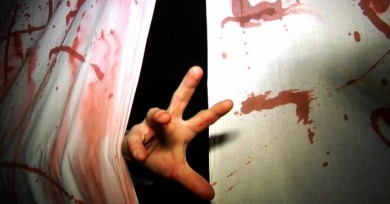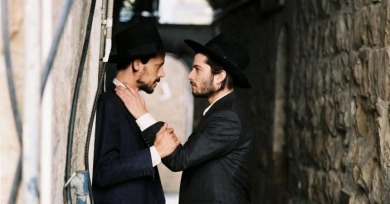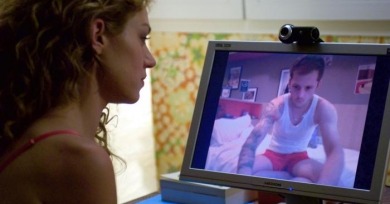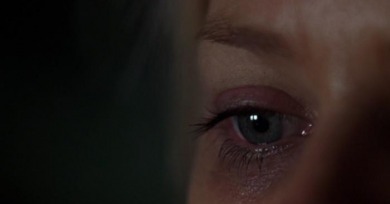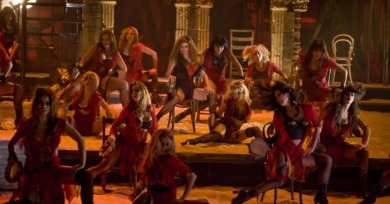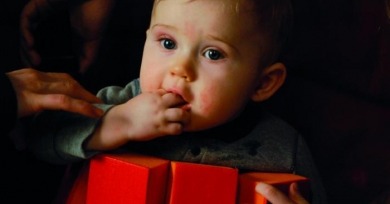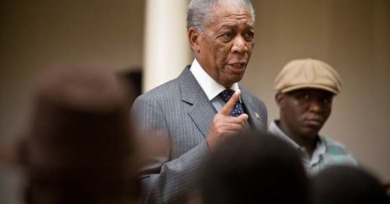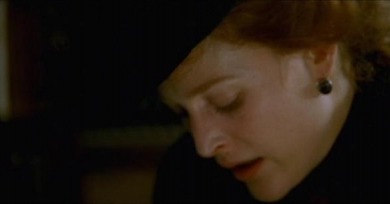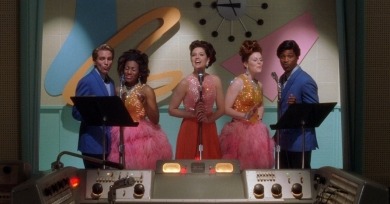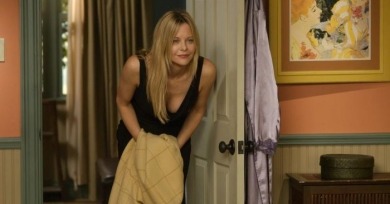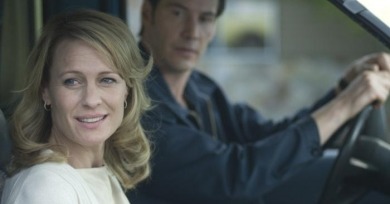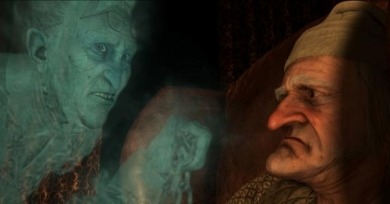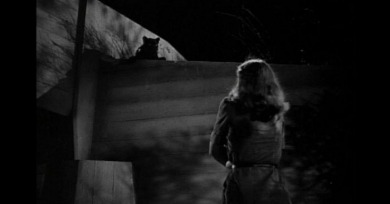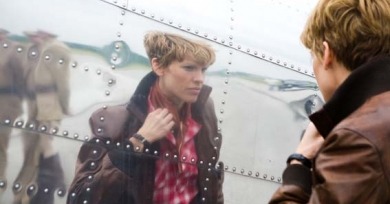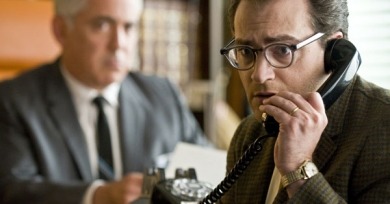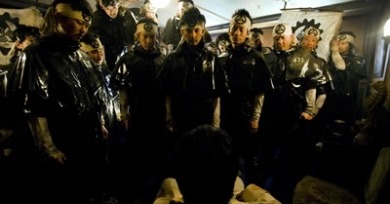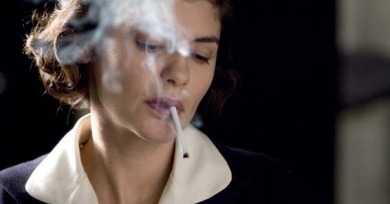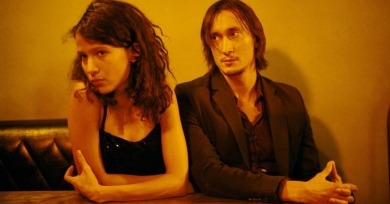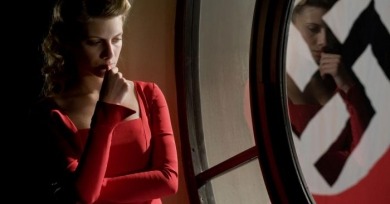Michael Koresky
The people onscreen are uniformly engaging, but unlike so many other creators of these personal docs, Mosher and Palmieri wisely know that may not be enough
It’s so tempting to treat Eyes Wide Open as the preposterous melodrama that it easily could have been, but Tabakman manages to make a well composed, unemphatic, and fleet-footed drama out of the overheated material.
This is a work about an ambiguity—its disturbing central event is an act fueled by mysterious motivation, and it’s enacted by a character whom we only think we have come to know and understand.
Looking back on this American masterpiece from a 2010 vantage point, we can now see this was a film released on the brink of major change, and that it managed to embody that change while remaining resolutely timeless and true to its maker’s spirit.
Up in the Air wants to tell us a lot about America. About our priorities, our lost dreams, our pasts and futures, our blind spots, and, as any award-hungry movie does, it wants to diagnose how We live now.
Nine opens with the insistent clang of a chime, like the shudder of a church bell. Listen closely, as it’s the death knell for the movie musical.
Ricky is metaphorically sound (talk about empty nest syndrome), but occasionally it’s more than a little clunky: during Ricky’s awkward flights, the poor kid just hangs in his invisible harness and strings—there’s no motion or elegance to his movements.
It’s a thudding, impersonal work. Eastwood is infinitely better at the micro level, constructing narratives out of intimate situations, in which characters relate to one another in constricted settings.
The House of Mirth is a lovingly petrified object, preserved in celluloid amber, perhaps even a cautionary tale, if we choose to see it that way. It is also pragmatic in its approach: the past is past, and it’s impossible to return to it, but we can learn from our mistakes in its recollection.
Many seem to think the aughts were a subpar decade for filmmaking, but that doesn’t alter the fact that, for most of Reverse Shot’s writers, it was arguably the most important in our development as thinkers and watchers
Here is Meg Ryan, once more as an overgrown child-woman, cooing and pawing around as though a fresh ingenue; even ten years ago, at the time of You’ve Got Mail, this shtick seemed desperate.
One of contemporary cinema’s most graceful, taken-for-granted actors, Robin Wright, too long in the shadow of her ex-husband, would seemingly have finally found the perfect leading role in Rebecca Miller’s The Private Lives of Pippa Lee.
That some of the most beautiful passages in the English language become mere means to an end in Zemeckis’s film rather than its necessary emotional centerpiece—the chestnut dressing rather than the roast goose, let’s say—is the first clue as to where the director’s sympathies ultimately lie.
A Few Great Pumpkins
The Leopard Man, Onibaba, Paranormal Activity, The Uninvited, La Cabina, Witchfinder General, Fantasia
Mira Nair’s Amelia Earhart biopic Amelia will easily be criticized for simply being the kind of film that it is.
No one likes a big, meaty ferbissenah punim more than Joel and Ethan Coen.
From a critical perspective, the reasons why a contemporary film director would adapt a nationally famous piece of proletarian literature from the twenties are less important than how he chooses to bring it to the screen.
Following in the footsteps of the unfortunate Jane Austen biopic Becoming Jane, Anne Fontaine’s glossy period piece Coco Before Chanel focuses exclusively on the youthful romances of a fascinating, independent woman in the years before her professional success.
This being a film by Claire Denis, perhaps contemporary cinema’s most confidently abstract artisan, this is all told as though a rush of feelings and glimpsed moments rather than through sharply defined events and turning points.
In its depiction of the outcome of World War II, Tarantino doesn't just provide revisionism, he implicitly, and winkingly, acknowledges the subjectivity of film historicity.
